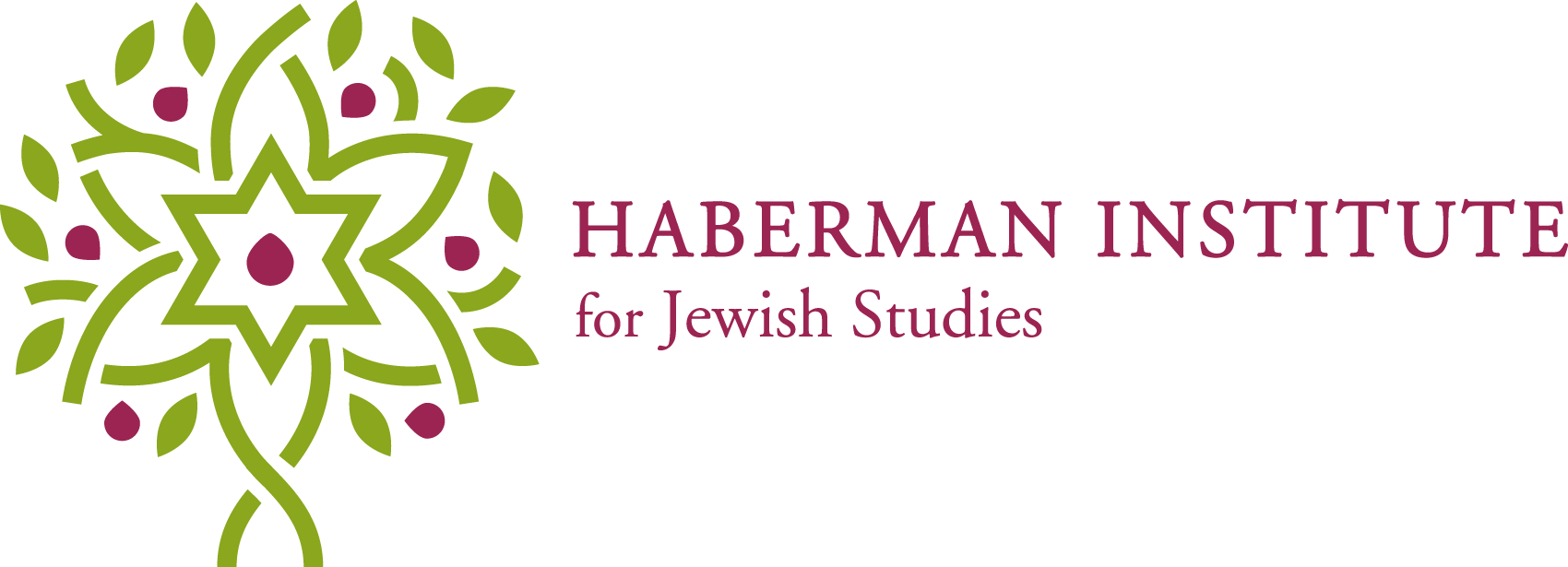Equality, Family, and Holidays in the Mishnah
Speaker: Prof. Calvin Goldscheider, Ungerleider Professor Emeritus of Judaic Studies and Professor Emeritus of Sociology at Brown University, Providence, Rhode Island
Location: Sixth & I Historic Synagogue; Washington, DC
The Mishnah is a third century set of Jewish texts consisting of 63 volumes organized around an imagined and constructed community. It is sub-divided into several themes that form the basis of understanding Rabbinic Judaism. Assuming that we have only the Mishnaic text as our source of evidence, we ask, what emerges inductively from the text that informs us about the Mishnaic notion of community? It is a social science question asked not of contemporary societies but of canonized texts in the Judaic tradition for a world that is past. By studying the Mishnah, we are able to clarify how society is conceptualized in the Mishnah and in the process gain some new insights into the Mishnah itself.
In this lecture Professor Goldscheider illustrated this approach by highlighting several critical social themes portrayed in the Mishnah: (1) Inequality and exclusion--Does the Mishnah have a utopian ideal of a classless Jewish society? How does the Mishnah characterize the relationship to Non-Jews? (2) Family and gender--What types of family relationships emerge in the Mishnah and how are family transitions described? How are the roles of men and women, boys and girls, differentiated in the Mishnah? (3) Holidays and rituals--How do holidays and religious rituals convey the meanings of Judaism in the Mishnah?
Also cosponsored by the Georgetown University Program for Jewish Civilization
